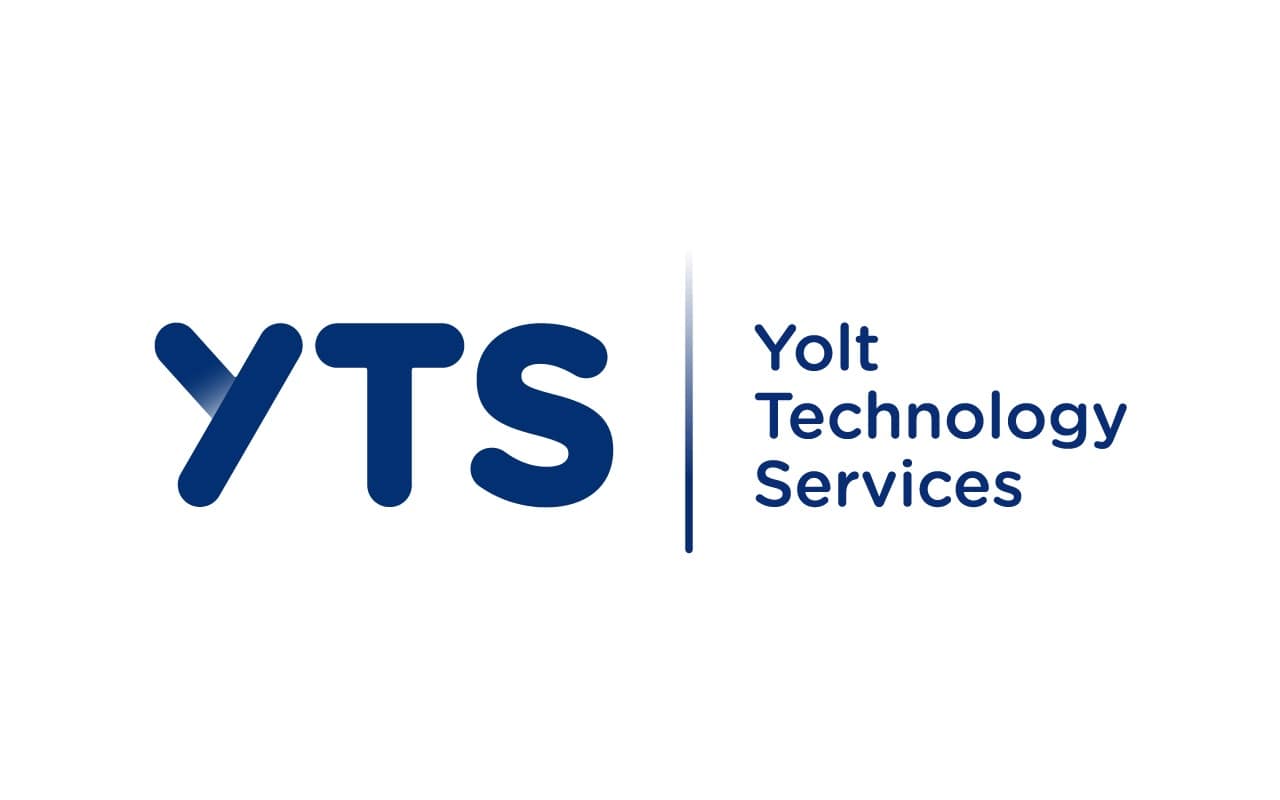- Open banking generates up to £5million per year in additional value for large businesses in the UK and Netherlands
- Many businesses held back by misconceptions around open banking and data privacy
- Study of 1,000 senior professionals from banks, lenders, personal finance management tools (PFMs) and retailers, in the UK and Netherlands
An international study of 1,000 senior professionals from banks, lenders, retailers and Personal Finance Management tools (PFMs) in the UK and Netherlands by leading open banking provider Yolt Technology Services, reveals that open banking technology could be central to businesses’ post- COVID recovery, unlocking millions (£) in additional value each year, delivering business-wide efficiency, operational benefits and extra revenues.
As with all areas of work and life, COVID-19 has had a profound impact on businesses’ strategic plans and priorities, with half (49%) of respondents now stating the greatest challenge their business faces, is recovering from the crisis.
The research has revealed that open banking is set to play a significant role in businesses’ recovery plans, with half (48%) of all respondents saying COVID has not disrupted their open banking adoption plans, and a further 12% now encouraged to accelerate their open banking adoption in the wake of the pandemic.
This may come as less of a surprise when considering that, on average, those surveyed who have embraced open banking expect it to be worth £1.9 million a year in additional value to their business, with two-thirds (65%) of larger businesses (those with over 500 employees), expecting it to be worth between £2m and £5m.
However, not all businesses are set to unlock the benefits of open banking, and as a result may face a tougher task in re-building post-COVID. Of the respondents who aren’t currently using ope banking (40%), four in five (80%) said they had either not considered using the technology in the last 12 months, or had never considered it at all. This is likely a result of misconceptions around how it works and the benefits it can bring. For instance, a quarter (23%) of respondents misunderstood the role of consumer consent with open banking, wrongly believing companies could access individuals’ financial data without permission, when in fact explicit user consent is required.
Such misconceptions could be preventing businesses from accessing the benefits of open banking: millions (£) in additional revenue streams; increased efficiency; improved service offering; better business-side processes; greater connectivity with partners. This is why YTS has launched a series of informative guides to help businesses understand and adopt open banking technology.
YTS’ Unlocking the Value of Open Banking contains bespoke guidance for banks, lenders, PFMs and retailers, and is available to download here.
Leon Muis, Chief Business Officer at Yolt Technology Services comments: “Many businesses already understand the potential of open banking and use it to great effect, yet a significant portion still hold misconceptions about the technology, with many unclear on the requirement for customer consent. It is this knowledge gap that is the biggest barrier to truly widespread adoption. Advocates of open technology must highlight that regulation aims to provide consumers and businesses with more control over their financial information, not less, while demonstrating the value it can bring to everyone involved in the transaction process.
“The benefits of open banking to businesses are clear and we’re confident these will grow over time. The technology will mature and improve, public acceptance and use of the technology will grow, increasing the efficiencies, savings and opportunities businesses can realise from it, and the scope of open banking will widen. In a post-COVID economy, these benefits will be more important than ever.
“The direction of travel is clear, it just needs a joint effort from regulators and open banking developers to alleviate concerns and truly unlock the potential of open banking. We hope that with the launch of the Unlocking Value report that we can bring businesses with us on the open banking journey, helping them harness its potential and lay strong foundations to navigate the challenging landscape many now face.”
About the findings
Yolt Technology Services conducted a survey of 1,000 businesses in the UK and Netherlands in 2020 to establish the level of open banking understanding among respondents in the Netherlands and the UK, and to quantify the size of the opportunity each market represents. To find out more about the Unlocking the Value of Open Banking report, download it here: [LINK]
About Yolt Technology Services
Yolt Technology Services unlocks its Open Banking expertise to other organisations through a single and secure API - building, managing, and maintaining AIS and PIS connections for top financial institutions and ambitious tech businesses. Yolt Technology Services is available throughout Europe and makes on average 18 million API calls each week.
ING Profile
ING is a global financial institution with a strong European base, offering banking services through its operating company ING Bank. The purpose of ING Bank is empowering people to stay a step ahead in life and in business. ING Bank’s more than 53,000 employees offer retail and wholesale banking services to customers in over 40 countries.
ING Group shares are listed on the exchanges of Amsterdam (INGA AS, INGA.AS), Brussels and on the New York Stock Exchange (ADRs: ING US, ING.N).
Sustainability forms an integral part of ING’s strategy, evidenced by ING’s ranking as Leader in the banks industry group by Sustainalytics and ‘A’ rating in MSCI’s ratings universe. ING Group shares are included in major sustainability and Environmental, Social and governance (ESG) index products of leading providers STOXX, Morningstar and FTSE Russell.


